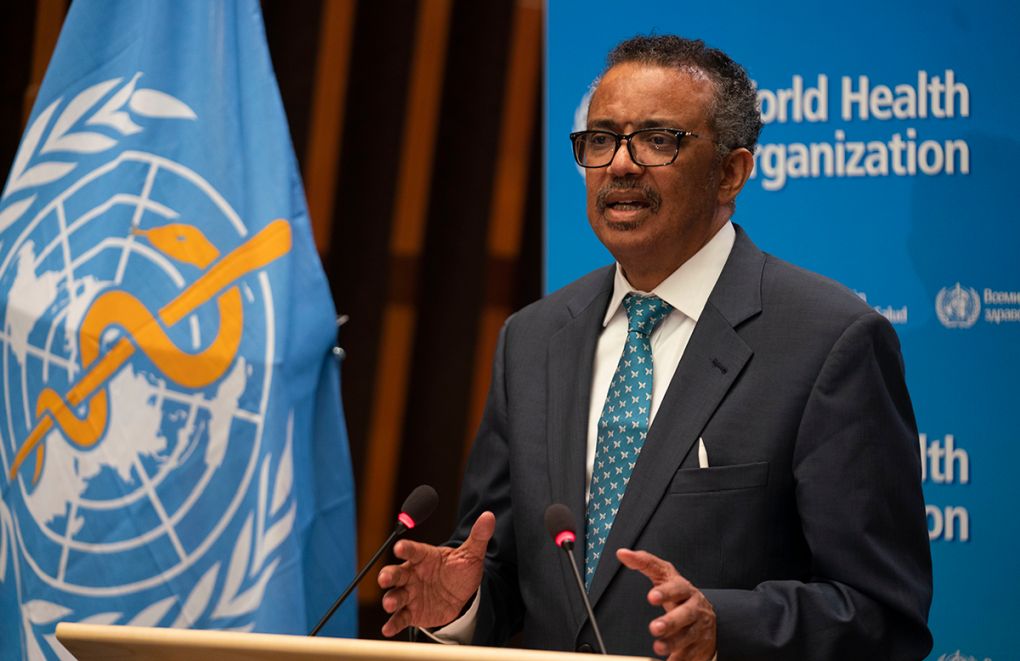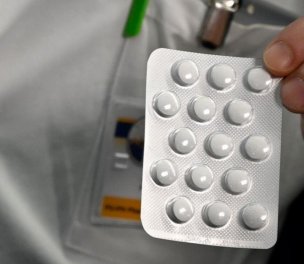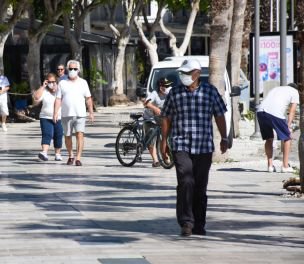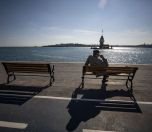Photo: WHO
Click to read the article in Turkish
The World Health Organization (WHO) has said that it is temporarily halting a clinical trial of the anti-malaria drug hydroxychloroquine for treating coronavirus patients.
Yesterday's (May 25) announcement followed the publication Friday by the Lancet medical journal of an observational study on hydroxychloroquine and chloroquine and its effects on hospitalized Covid-19 patients.
Along with other medications, hydroxychloroquine has been widely used by Turkey for Covid-19 treatment. Minister of Health Fahrettin Koca said on multiple occasions that they gave the drug to the patients in early stages of the disease and achieved positive results.
Turkey stockpiled a large amount of hydroxychloroquine and favipiravir, another antiviral produced in Japan, the minister had said.
Saying that Turkey's "unique approach" to the treatment of Covid-19 was a success, he had called on scientists to conduct studies in that area.
CLICK - Does the New Coronavirus Medicine Work? 'We'll See by Trying,' Says Professor
"The Executive Group has implemented a temporary pause of the hydroxychloroquine arm within the Solidarity Trial while the safety data is reviewed by the Data Safety Monitoring Board," said WHO Director-General Tedros Adhanom Ghebreyesus.
He said that more than two months ago, the WHO initiated its "Solidarity Trial" to evaluate the safety and efficacy of four drugs and drug combinations against Covid-19.
More than 400 hospitals in 35 countries are actively recruiting patients, and nearly 3,500 patients had been enrolled from 17 countries to test the drug, said the WHO.
"Higher risk of abnormal heartbeats"
The study published in the Lancet peer-reviewed journal looked at over 96,000 virus patients.
It found a higher risk of abnormal heartbeats, or arrhythmias, that could cause a heart attack in those treated with hydroxychloroquine or chloroquine.
The Lancet study looked at patient medical records in 671 hospitals across six continents, making it the most extensively published evaluation of the drug's impacts on coronavirus patients.
Tedros said the Lancet report researchers found a higher mortality rate among patients receiving the drug when used alone or with a macrolide.
"I wish to reiterate that these drugs are accepted as generally safe for use in patients with autoimmune diseases or malaria," said Tedros.
Dr. Mike Ryan, executive director of the WHO's health emergencies program, said: "We're just acting on an abundance of caution based on the recent results of other studies to ensure that we can continue safely with that arm of the trial." (HA/VK)








